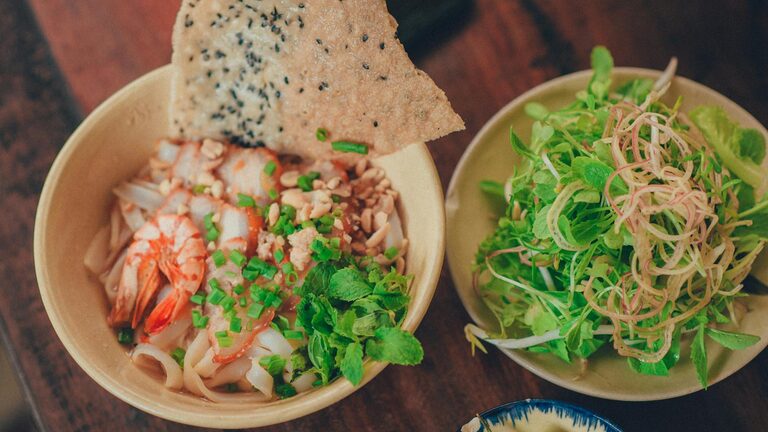Planning balanced meals doesn’t have to be overwhelming. Whether you’re cooking for yourself, your family, or both, creating nutritious, satisfying meals can be a simple and enjoyable process. With a little organization and some straightforward tips, you can take the guesswork out of mealtime and focus on eating well without stress.
In this post, we’ll explore practical ways to plan balanced meals that fit your lifestyle—helping you save time, reduce food waste, and enjoy a varied diet that supports your health.
What is a Balanced Meal?
Before diving into meal planning techniques, it helps to understand what a balanced meal actually is. In simple terms, a balanced meal includes a good mix of:
– Proteins: support muscle repair and overall health (e.g., lean meats, beans, tofu, dairy)
– Carbohydrates: provide energy for your day (e.g., whole grains, starchy vegetables)
– Healthy fats: support brain function and hormone health (e.g., olive oil, nuts, avocados)
– Fiber and Vitamins: usually found in fruits and vegetables, which boost digestion and provide essential nutrients
– Hydration: plenty of water to keep you refreshed
When meals include these elements in sensible portions, you’re more likely to feel satisfied and energized.
Steps to Stress-Free Meal Planning
1. Start with a Weekly Plan
Choosing a specific day to plan your meals for the coming week sets you up for success. This planning session is a low-key activity that can take as little as 20 minutes.
– List your meals: Breakfast, lunch, dinner, and snacks.
– Consider your schedule: Note busy days when you may want quick meals or leftovers.
– Choose simple recipes: Focus on meals you enjoy that don’t require too many ingredients or complex steps.
2. Build Your Grocery List
Once you have your meals decided, write down all necessary ingredients. Organize your list by grocery store sections—produce, dairy, grains, etc.—to save time during shopping.
– Stick to the list to avoid impulse buys
– Check your pantry and fridge first to use existing items
3. Use Batch Cooking and Meal Prep
Prepping some ingredients or entire meals in advance can dramatically reduce daily cooking stress.
– Cook grains like rice or quinoa in bulk
– Wash and chop vegetables ahead of time
– Prepare sauces or dressings in advance
– Consider cooking full meals that can refrigerate or freeze well, such as soups, stews, or casseroles
4. Keep Meals Colorful and Varied
Eating a variety of fruits, vegetables, and proteins promotes nutrition and keeps meals exciting.
– Aim to include at least three different colors on your plate
– Rotate protein sources—fish, chicken, beans, eggs—to avoid monotony
– Experiment with herbs and spices to enhance flavors without extra calories
5. Don’t Strive for Perfection
Balanced eating is about consistency, not perfection.
– It’s okay if some meals are less balanced; focus on overall healthy habits
– Listen to your body’s hunger and fullness cues
– Allow occasional treats to satisfy cravings without guilt
Sample Balanced Meal Ideas
To get you started, here are a few easy meal ideas:
– Breakfast: Greek yogurt with mixed berries, nuts, and a drizzle of honey
– Lunch: Quinoa salad with chickpeas, roasted vegetables, spinach, and a lemon-tahini dressing
– Dinner: Grilled chicken breast with steamed broccoli, sweet potato, and a side salad
– Snack: Apple slices with almond butter or a handful of trail mix
Tips to Make Meal Planning Easier
Use Technology
Apps and websites specializing in meal planning can suggest recipes based on your preferences, create shopping lists, and help track nutrition.
Keep Staples on Hand
Having a well-stocked pantry with basics like canned beans, whole grains, frozen vegetables, and spices makes assembling balanced meals faster.
Involve Your Family
If you cook for others, involve them in meal planning. Getting input on meals can increase everyone’s satisfaction and reduce stress.
Final Thoughts
Planning balanced meals becomes simple when you establish a routine, prepare in advance, and focus on balance instead of perfection. With these tips, you can enjoy healthy eating without the stress, freeing up time and energy for the things that matter most.
Remember, good nutrition is a journey, not a destination. Start small, be flexible, and celebrate your progress along the way!

